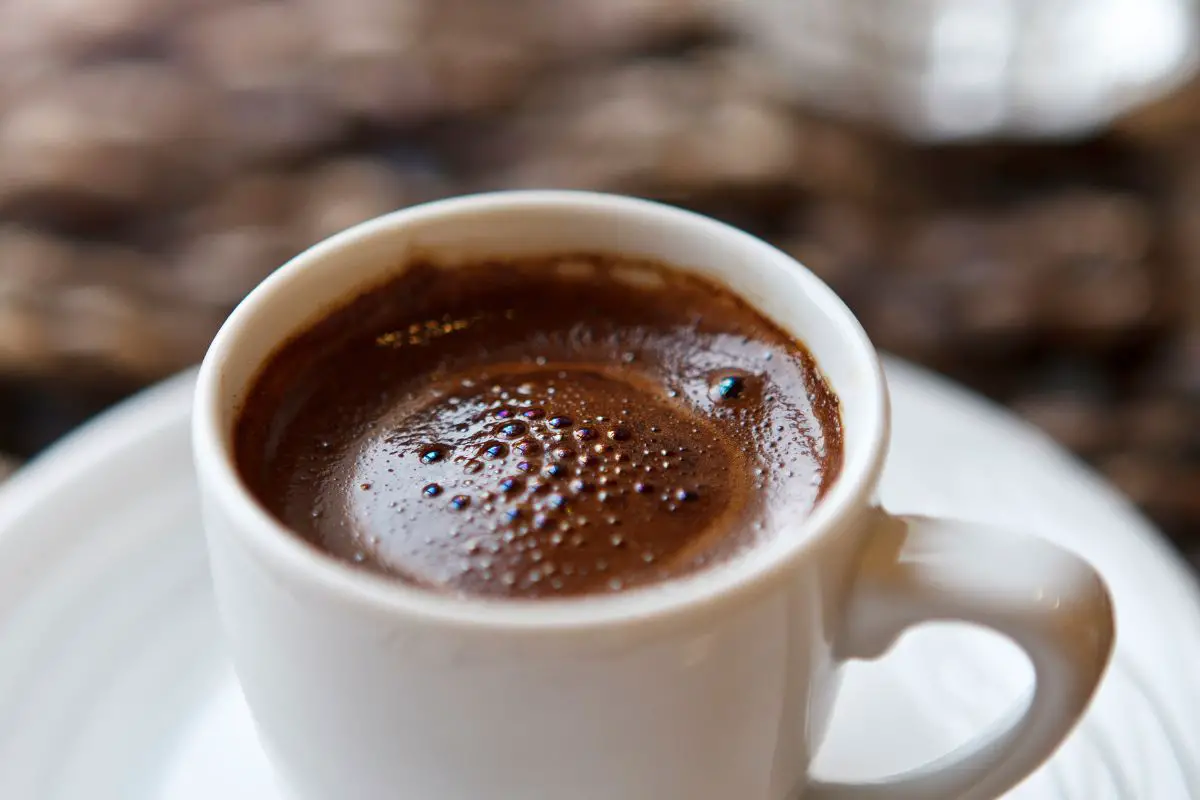Unfiltered coffee is simply a type of coffee that has not been filtered. The process of filtering removes the oils and fats in the beans, which can change the taste. With this article, we will discuss everything you need to know about this delicious beverage: what it is, how to brew it, and more!

What exactly is Unfiltered Coffee?
Unfiltered coffee, or “natural” coffee as it is sometimes known, is simply a type of coffee that has not been filtered. The process of filtering removes the oils and fats in the beans, which can change the taste.
It also reduces bitterness by removing acids from the beans at high temperatures – but some people like this!
Filtering usually takes place during roasting: small particles are removed to leave only larger ones intact so that they don’t clog up filters when brewed.
But many coffees available today are already pre-roasted and ground for easier preparation; these will have undergone both processes and therefore be less “unfiltered.”
What is the difference between unfiltered and filtered coffee?
Unfiltered coffee can be less bitter than filtered coffee because it does not undergo the roasting process that filters out acids.
It doesn’t have to be brewed with a French Press or by boiling, but many people enjoy other methods such as an AeroPress or pour-over brewing.
The taste will depend on how much of the oily beans are left in – if all fats have been extracted then you’ll get more bitterness and acidity from your brew.
Unfiltered coffee and cholesterol: Should I care?
It is hard to say how filtering affects your cholesterol level – some studies show it has a positive impact on it, while others say there are no changes in this regard.
One study showed that people who drank filtered coffee had twice as much of these types of lipoproteins (cholesterol-carrying fat particles) than those drinking an un-filtered cup of joe. This finding could be related to other factors such as age or diet.
How do I brew unfiltered coffee?
Unfiltered coffee needs a higher water temperature than filtered or instant types of coffee, which should be boiled for at least three minutes before pouring over the grounds in your filter setup.
The reason it needs so much heat is because the oils that give flavor to your drink are soluble at high temperatures but not lower ones.
You can also use an automatic drip machine with paper filters if you want to remove all particles from your cup of joe.
Examples of unfiltered coffee drinks
Here are some examples of the most prominent coffee beverages that include unfiltered coffee:
Arabic Coffee (traditional Arab style brewed with spices) Turkish Coffee (coffee brew in a traditional pot on hot sand) Espresso, unless it’s a special type of filtered coffee.
Is instant coffee unfiltered or filtered?
Unfiltered coffee is usually brewed using a pour-over device. Instant coffees are made by grinding roasted and ground beans, mixing them with hot water in an airtight container (called ‘pods’), and then sealing them for storage.
The packets of dried ingredients used to make the pods are also called “instant” coffees because they take less time to prepare than French press, drip brew, espresso machines, etc.
But most brands use paper filters when preparing their instant coffee products so there’s no need for concern about chaff particles getting into your cup!
Is unfiltered coffee bad for you?
Some people believe that pure unfiltered coffee is better with regards to flavor and health benefits because it retains the natural oils found in beans as well as some types of bacteria which can help stimulate your immune system.
However, all this could be a moot point if one considers where these particles are coming from – usually dust on farms or pesticides sprayed onto plants before harvesting.
Conclusion
Unfiltered coffee is not for everyone, but the people who do enjoy it are passionate about its rich flavor. If you’re looking to try unfiltered coffee, be sure to use a French press or pour-over brewer and make sure to brew your beans at home as well.